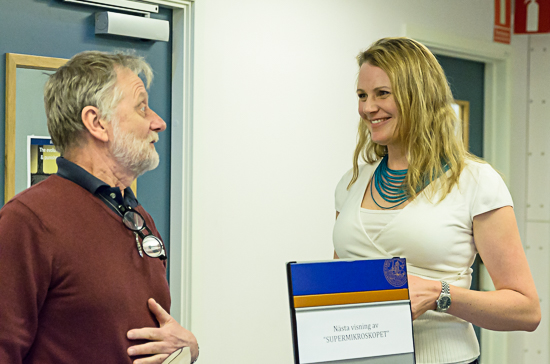
I år gjorde Biologins dag come back efter att tagit paus under 2016. Mycket var nytt – ny projektledare (Emily Baird), nytt ställe (Biologihuset), inledande magnoliaplantering och (mer …)
Biologiska institutionen | Lunds universitet

I år gjorde Biologins dag come back efter att tagit paus under 2016. Mycket var nytt – ny projektledare (Emily Baird), nytt ställe (Biologihuset), inledande magnoliaplantering och (mer …)
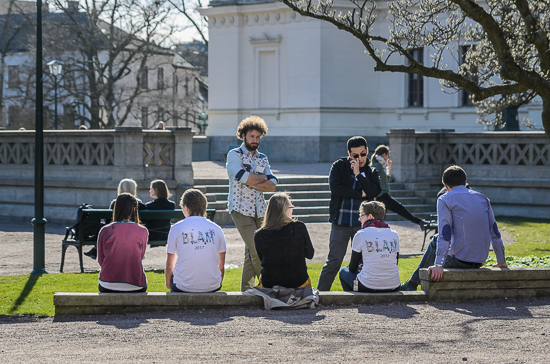
Last week it was time for the yearly PhD student conference BLAM. Like every year before, the weather was great, nearly like summer. It’s fortunate that the talks were (mer …)
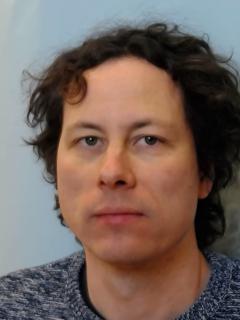
I started working as a post doc in March together with Jörgen Ripa and Jacob Johansson in ThePEG, at the Evolutionary Ecology unit. Last year I defended my thesis in computational mathematics at Umeå University in northern Sweden. My research is about understanding bumblebee coexistence and response to environmental change. To do this I use optimization and techniques from adaptive dynamics. Our basic assumption is that bumblebees compete for many flower resources which have different peaks during a season. The question is if and how the bumblebees will specialize in a flower resource, and how the resources will coevolve with the bumblebees.
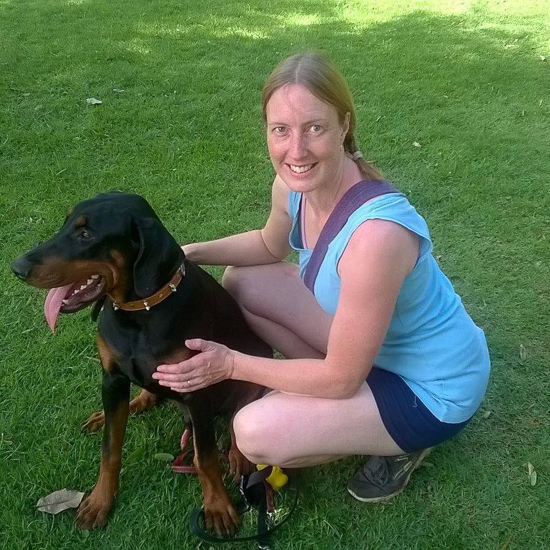
I am returning to Sweden after nearly two decades abroad. I completed my undergraduate education at UC Berkeley in California, my Masters and PhD at the University of Missouri in St. Louis, and then did two post-docs in Brazil – one at the University of São Paulo and another at São Paulo Federal University in Diadema. Since my undergraduate years, my focal study system has been avian malaria. I’ve been involved in research on these organisms’ community ecology, biogeography, and host specificity, among other things.
With my current position, I am switching gears to work with experimental evolution. I will work with Charlie Cornwallis, Karin Rengefors, Erik Svensson, and Tobias Uller, but for the first couple of years I will be focusing on the Chlamydomonas multicellularity project lead by Charlie and Karin. Markus Lindh, a new postdoc here, has already provided an excellent summary of the project aims on Biologibloggen if you’re interested in knowing more about it.
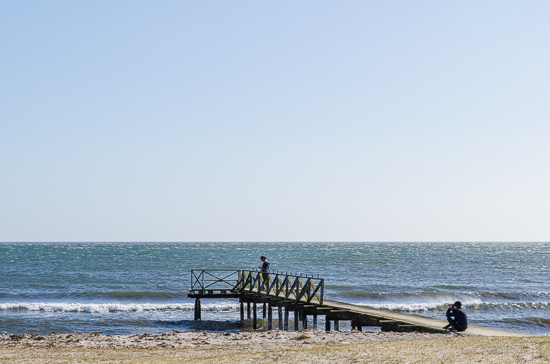
This Wednesday and Thursday, Biodiversity had their yearly winter meeting. This time it was in Smygehuk. Around 50 persons from the unit, the Biology museum and (mer …)
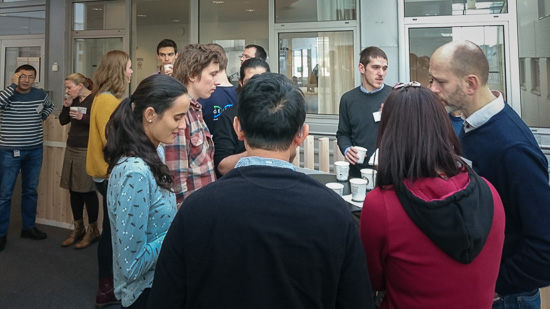
The GENECO winter meeting was held Tuesday, February 14. PhD students, postdocs and senior researchers, in total 44, attended the meeting at Ideon Science Park. Most participants were from Lund but a few came from Gothenburg and Kalmar to attend.
(mer …)
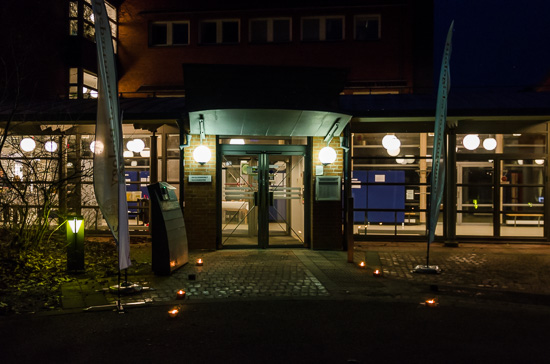
Mellan den 7 och 9 februari var det fullt med ekologer i Lund. Det var det årliga svenska Oikos-mötet. Redan i måndags smygstartade vi (mer …)
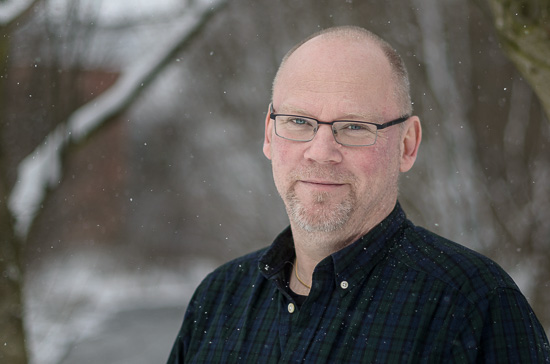
Hi everybody!
My name is Jan Olsson and I’ve just started working at the Department of Biology as a research journalist. For many years I worked as a reporter and news editor at different media companies. For the last year I have been a press officer at the Faculty of Science at Lund University. My role at the Department of Biology involves working with text presentations and news for the department’s website.
One of my first tasks is to write web presentations in Swedish for each research group at the department. The goal is to make sure that the public and your colleagues get relevant information presented in an interesting way on each group’s web page. Later, I will also work with individual researchers’ web pages. In other words, I will, in close cooperation with you, write presentations similar to popular summaries.
As well as working with presentations for the web, I’ll also keep my eyes open for news mainly based on your findings and research. The news will be published on the department’s website. In order to do this I will need your help. A lot depends on you as to whether or not your findings will reach out to a wider public. Very often I will not know anything about your research if you do not tell me. So please get in touch!
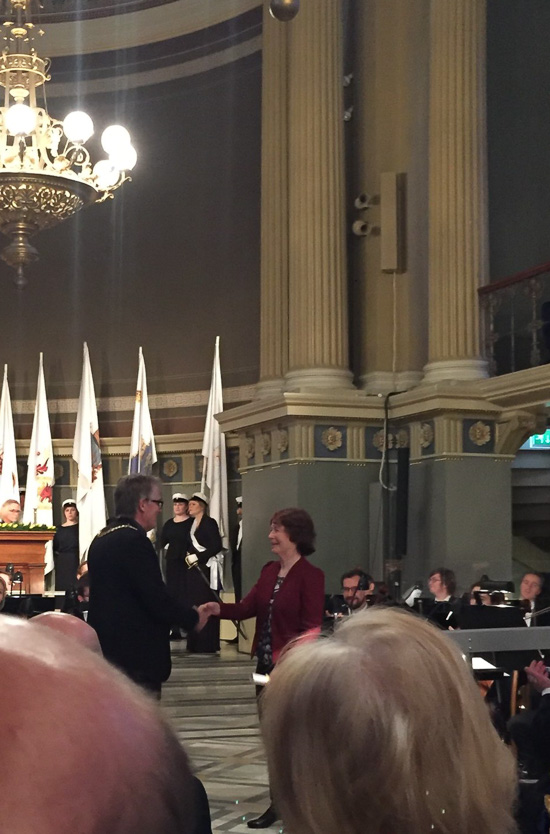
På Lunds universitets 349:e födelsedag den 28 januari fick institutionens administrativa chef Monica Pardon ta emot universitetets administrativa pris 2017. Hon fick priset för sina (mer …)
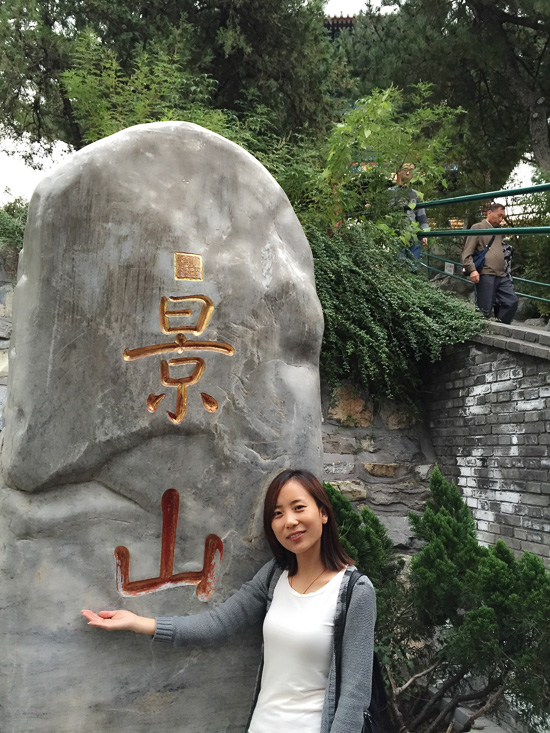
My name is Xiaoqing Hou and I’m a new PhD student in the Pheromone Group since November last year, supported by a scholarship form CSC.
I’m from a small city in the north of China. I received my bachelor’s degree and master’s degree from Nanjing Agricultural University. My master major is Agricultural Entomology and Pest Control, and I focused on exploring the effects of biochar amendment to soil on feeding behavior and life history of Nilaparvata lugens.
The genes encoding olfactory receptors (ORs) are identified in many insects. Some ORs are highly specific and bind only a few odorants, while others are promiscuous, but we are far from understanding where in these receptors selectivity and sensitivity are encoded. In my PhD project I will study the functional significance of sequence variation in insect olfactory receptors (ORs).
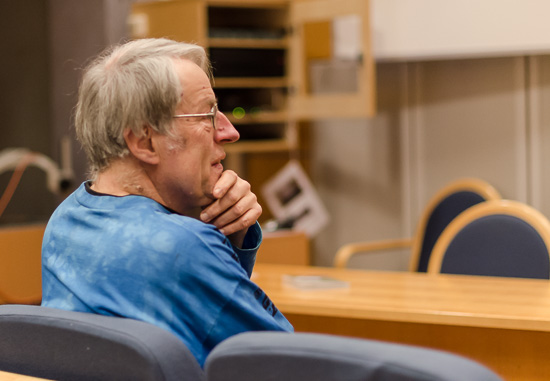
Idag hade SACT bjudit in Sven G. Nilsson att visa sin film Mandelblom, kattfot och blå viol. Filmen är en (mer …)
An English translation follow below.
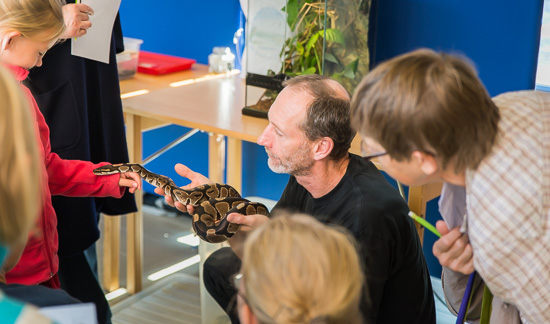
Lördagen den 8 april är det dags för jubileumsversionen av Biologins dag i Lund. Mellan 12 och 16 har vi öppet hus på institutionen. I år kommer de (mer …)
Kommentarer